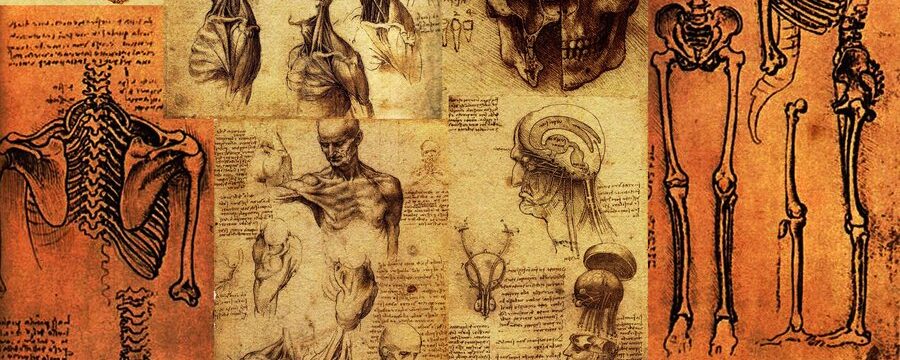I did my Emergency Medicine rotation at Metropolitan Hospital and I truly enjoyed this rotation. I got to rotate through the main ED and express care and I got to work with different residents/PAs during each shift. Oftentimes, the provider would have me go see the patient first. Then I would present the history and physical exam findings, my differentials, and what I would do for the work-up. The providers taught me the importance of keeping the differentials wide and always working to rule out the most dangerous diagnosis first. For example, in a 56 yo female complaining of epigastric pain, we should still order an EKG to rule out MI because it can present differently in women. In the ER, the goal is to provide treatment for the acute concern that the patient presented with. Besides ordering tests, I also need to consider if there is anything I can do for the patient at the moment to ease the symptoms. I thought this ED provided a great learning environment for the students. The PAs, residents, and attendings are very willing to teach and share their knowledge. Throughout the rotations, there are mini-presentations presented by the residents or the attendings. I found these teaching moments very helpful because they always choose the high-yield topics to go over. They also welcome students to attend the conference on Wednesday mornings. As a student, I was amazed by how the providers managed multiple patients at the same time. They need to constantly keep track of the existing patients and continue to keep up with the new cases. The ability of these providers to work efficiently while providing such complete and sympathetic care was very respectable.
During this rotation, I have learned to focus on acute care management, and develop a wide range of differential diagnoses, and procedural skills including ultrasounds, wound care, suturing, and splinting. The knowledge I’ve gained will be applicable to future rotations because it is always important to recognize life-threatening conditions. For future rotations, I need to improve on developing management and specific treatment plans. For example, instead of saying that the patient needs pain control, I need to know which medication to use and why I choose this one over the others for each situation.


